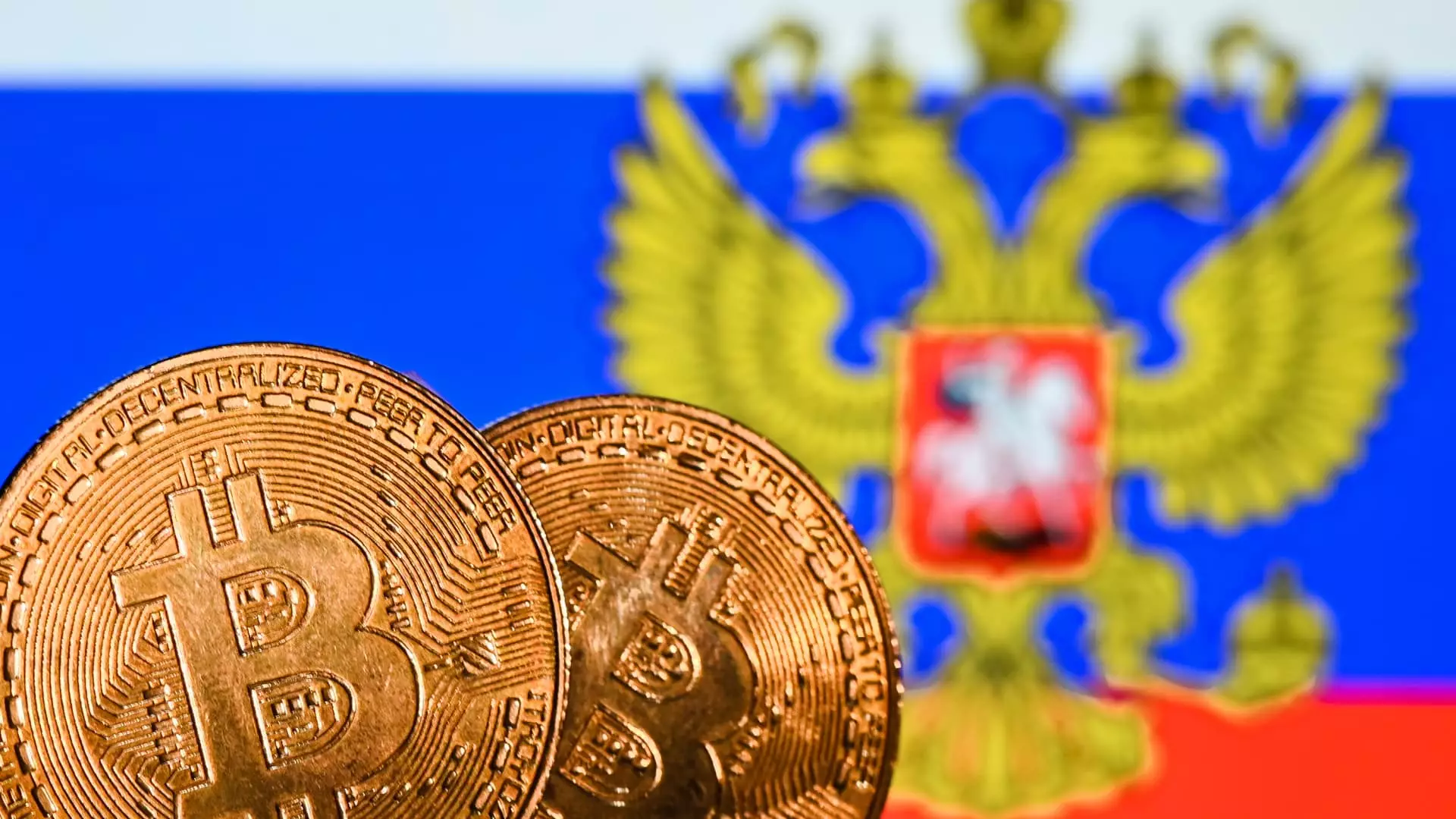Russia is currently facing ongoing financial pressure from Western sanctions, and as a response to this, the country is considering legalizing the use of cryptocurrency for international payments. This move comes as a significant shift from the Russian central bank’s previous stance on the technology. The State Duma, the lower house of the Russian Parliament, is set to consider a law that permits making international payments via cryptocurrencies, with plans to approve the law on Tuesday. Additionally, the central bank is also looking to use crypto-based payments for cross-border transactions by the end of 2024.
Russia’s Changing Stance on Cryptocurrency
The proposal to allow settlements in cryptocurrencies within an experimental regime marks a reversal from the Russian central bank’s earlier recommendation to ban the use of crypto for transactions and mining of digital currencies. This change in approach is driven by the country’s efforts to navigate the financial constraints imposed by Western sanctions, particularly in response to Russia’s invasion of Ukraine in February 2022.
Global Implications
The escalating tensions between Russia and the U.S. along with its allies have led to a series of sanctions targeting individuals, entities, and sectors in Russia. This has prompted the Russian government to explore alternative methods of conducting international transactions to mitigate the impact of the sanctions. By allowing the use of cryptocurrency for payments, Russia aims to circumvent financial restrictions and maintain its economic stability amidst external pressures.
In addition to considering the use of cryptocurrency for international payments, Russia is also exploring the development of a digital version of the ruble, known as a Central Bank Digital Currency (CBDC). Unlike decentralized cryptocurrencies like bitcoin, CBDCs are issued and regulated by governments, aiming to provide a digital representation of traditional fiat currencies. The Russian central bank plans to transition from a pilot phase to mass implementation of the digital ruble starting from July 2025.
While cryptocurrency has the potential to serve as a means to bypass financial restrictions, it has also been associated with illicit activities and state-sponsored hacking. Countries like North Korea have been accused of using cryptocurrencies to raise funds and evade sanctions. This highlights the dual nature of cryptocurrencies, presenting both opportunities and challenges in the realm of international finance and security.
As Russia explores the legalization of cryptocurrency for international payments and the development of a digital ruble, the global financial landscape continues to evolve. The acceptance of cryptocurrency by governments, particularly in response to geopolitical tensions and economic sanctions, underscores the need for innovative solutions in cross-border transactions. The interplay between traditional financial systems and emerging digital currencies will shape the future of international finance in the coming years.


Leave a Reply